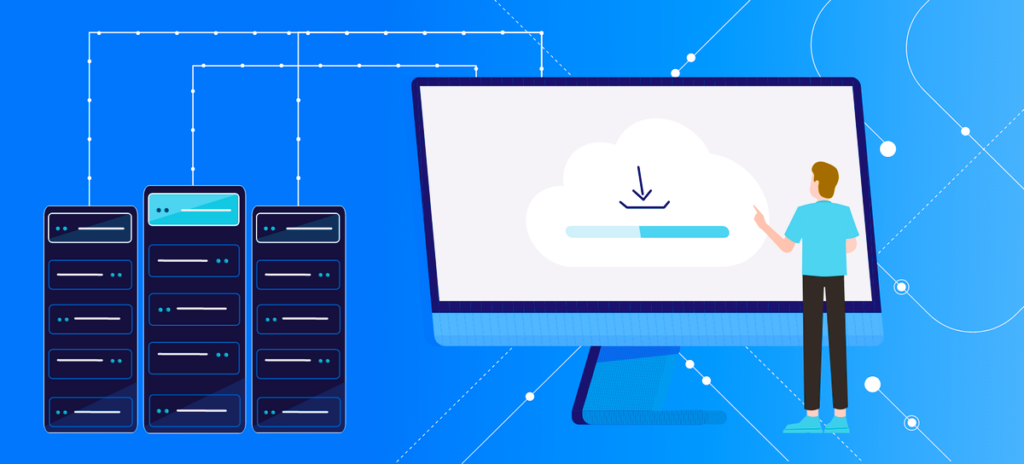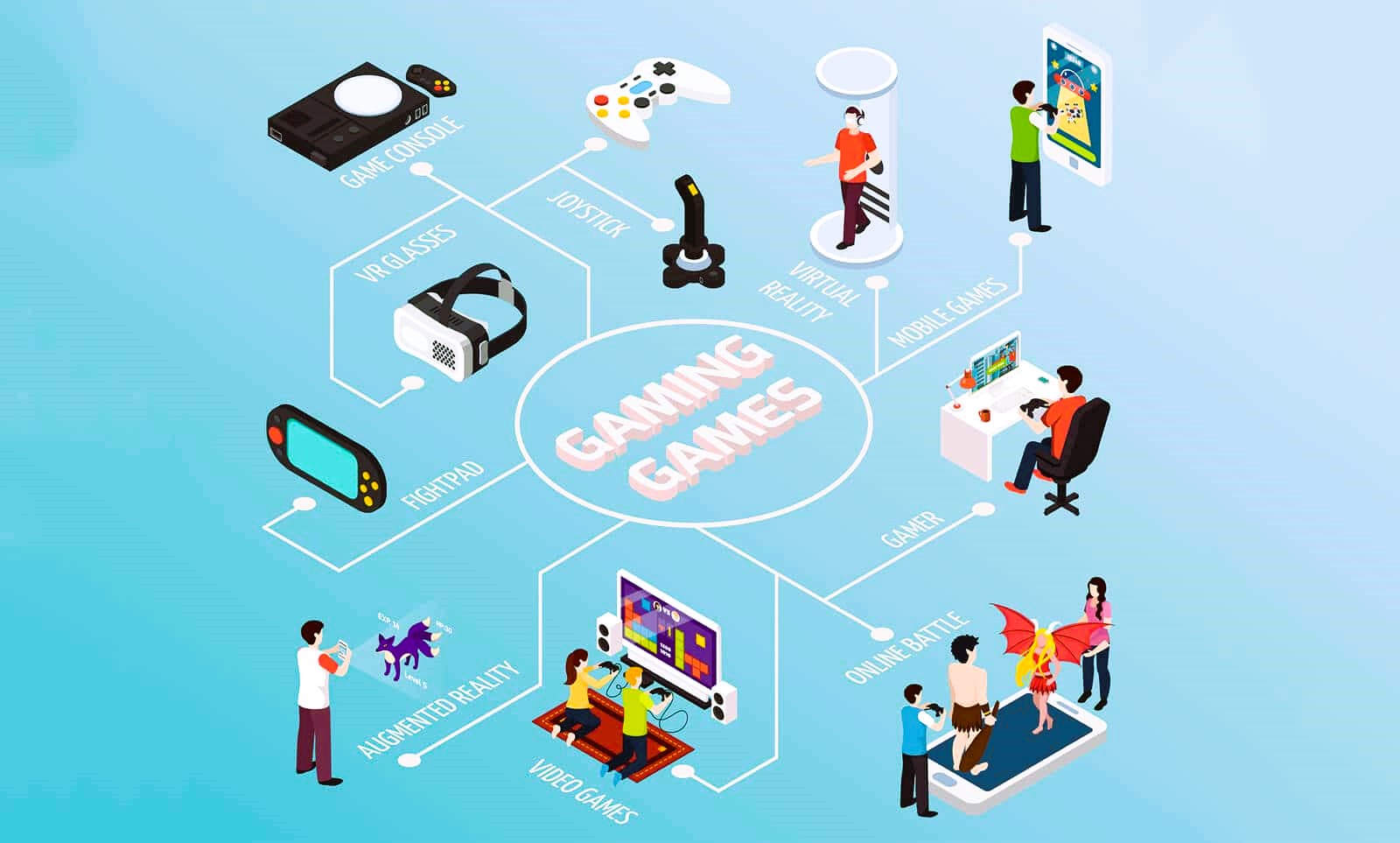Alright, let’s talk about hosting. If you’re a streamer, an eSports player, or someone just looking to launch a gaming website without hitting a wall of lag, you need to make sure your website’s hosting is solid. Why? Because nothing sucks more than trying to hype up your game, only for your site to drop faster than a noob in a competitive match.
But hey, don’t stress. I’ve got your back. Let’s break down the key things you need to know to pick the perfect hosting for your gaming website—whether you’re running a personal stream, an eSports team page, or even your own server. Grab a drink, get comfy, and let’s dive in.
1. Understand What You Need: Is it Just Hosting or Something More?
Before you start hunting for hosting, you gotta ask yourself: what exactly do you need? Are you just setting up a basic site to show off your stats or are you looking to host a multiplayer server that can handle 100+ players?
Key Things to Consider:
- Site traffic: How many people will be visiting your site at any given moment? Are you expecting big spikes, like when a big tournament happens?
- Server hosting: If you want to run custom game servers or mods, you need a host that can support that.
- Stream hosting: For streamers, you’re gonna want hosting that keeps you in the game while broadcasting without dropping frames. Like our article? Read also about Web Design Basics for Online Games.
2. Types of Hosting: Which One Fits You Best?

There are a few different types of hosting, and knowing the difference is crucial to avoid future headaches. Let’s go through the options real quick.
a. Shared Hosting
- Best for: Basic personal sites or low-traffic gaming blogs.
- What it is: You’re sharing resources (like CPU and memory) with other sites on the same server. Yeah, it sounds like a party, but sometimes you get the short end of the stick when everyone’s jumping in.
- Pro: Cheap as chips.
- Con: Limited power. If your website gets a surge in traffic, you might get throttled.
b. VPS Hosting (Virtual Private Server)
- Best for: Small to medium-sized gaming sites, streamers, or modders with moderate traffic.
- What it is: You get your own slice of the server—kind of like renting an apartment in a big building. You share the same hardware with others, but you get your own resources, so you don’t have to worry about your neighbor streaming 4K videos and lagging you out.
- Pro: More control, more flexibility, and scalable.
- Con: More expensive than shared hosting.
c. Dedicated Hosting
- Best for: Hardcore eSports teams, large-scale gaming websites, and custom server hosting.
- What it is: You get an entire server all to yourself. If you’re looking to go pro or host your own server without lag, this is where it’s at.
- Pro: Total control. No resource-sharing drama. Perfect for high-traffic gaming websites and multiplayer servers.
- Con: Expensive. You’re paying for the whole shebang.
d. Cloud Hosting
- Best for: Large gaming communities, streamers with a huge following, or anyone needing flexible hosting for rapid scaling.
- What it is: Your site lives on a network of servers, not just one physical box. If one server crashes, another picks up the slack without you even noticing.
- Pro: Flexibility and scalability. Perfect for growing communities.
- Con: Costs can spiral, especially if your site gets huge.
3. Speed, Baby: Why Latency is Everything
You know how it feels when you’re mid-match and you get that awful “server lag detected” message? Yeah, no one likes it. Same goes for hosting.
What You Need:
- Low latency: Look for hosts with servers near your audience. If you’re an eSports team, for instance, you want a host with low ping and minimal delay for your players.
- Bandwidth: More players = more data. Make sure your host offers enough bandwidth to handle your peak traffic without stuttering.
- CDN (Content Delivery Network): If you’re a streamer or running a site with media content (like videos or streams), a CDN can speed up load times by caching your content on servers around the world.
4. Uptime: Can You Count on Them?
You’re gonna want a host that has great uptime, meaning your site is always online and accessible. The last thing you want is your fans or followers getting the dreaded “404 error” when trying to check out your latest content or tournament results.
Uptime You Should Aim For:
- 99.9% uptime is the bare minimum. Anything lower, and you’re risking downtime that could cost you views, fans, and credibility.
5. Top Hosting Providers for Gamers, Streamers, and eSports Teams
Alright, so here are some providers that stand out when it comes to gaming websites, streamers, and eSports squads:
| Hosting Provider | Best For | Key Features | Price Range |
|---|---|---|---|
| SiteGround | Streamers, eSports teams | Great speed, reliable support, strong uptime | $3.99–$14.99/month |
| Bluehost | Streamers, personal sites | Easy-to-use, affordable, solid performance | $2.95–$13.95/month |
| HostGator | Small gaming sites | Affordable, great support, scalable | $2.75–$5.95/month |
| InMotion Hosting | Medium to large gaming websites | Fast, secure, good for growing sites | $5.99–$19.99/month |
| Kinsta | High-traffic gaming sites & streamers | Ultra-fast, managed WordPress hosting, no lag | $30–$150/month |
| Liquid Web | eSports teams, custom servers | High performance, customizable | $19–$100/month |
6. Security: Keeping Your Site (and Your Fans) Safe

If you’re dealing with a community or running a game server, security should be a priority. Hackers? Not cool. They’ll ruin everything.
What You Need:
- DDoS Protection: If you’re hosting a game server, you’ll want protection against DDoS attacks that can knock your site offline.
- SSL Encryption: For secure transactions, donations, or simply securing your community data.
- Backups: Always, always, always make sure your hosting provider offers backups. You don’t want to lose your data when something goes wrong.
7. Streamers: Don’t Drop Frames
Let’s get real for a second. If you’re streaming and your video stutters, lags, or drops frames—your audience is outta there faster than you can say “disconnect.” The best hosts for streamers are ones that ensure your stream stays smooth and crystal-clear.
Streaming Hosting Features to Look For:
- Dedicated Servers for the best performance.
- Global CDN for fast content delivery.
- High bandwidth and unlimited storage—because your audience needs quality streams.
When choosing the right hosting for your gaming website, it’s all about what your goals are. If you’re just starting out, a shared or VPS hosting plan might be enough. But as you grow or get into more serious gaming or streaming, you’ll want to step up your game to a dedicated or cloud host.
Just remember: pick a hosting provider that keeps your site fast, secure, and reliable, and you’ll be golden.
For a deeper dive into hosting and its features, check out Wikipedia’s guide on web hosting to get more info on the ins and outs of hosting options.





